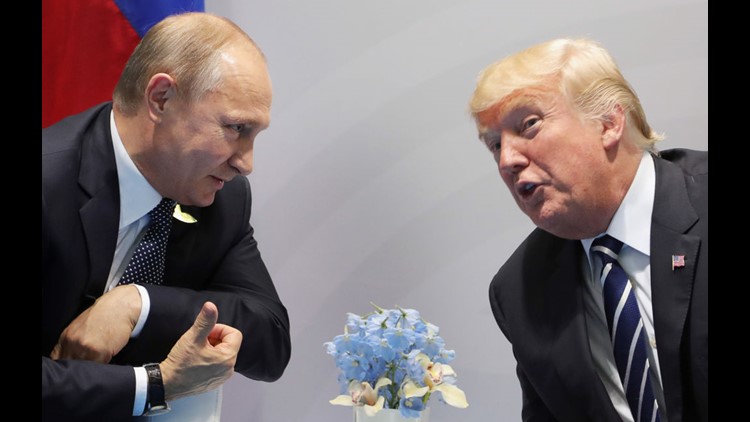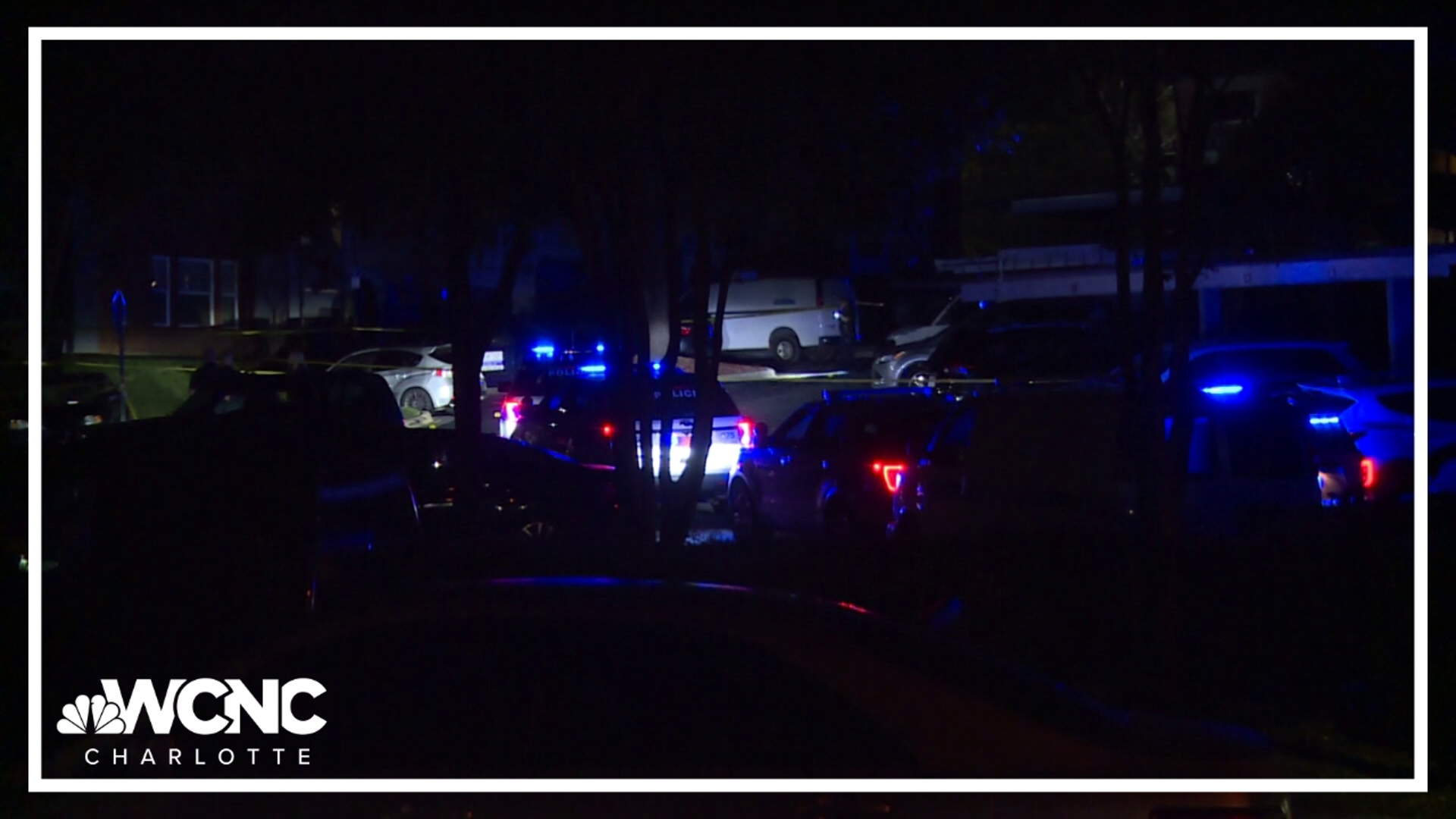Russian President Vladimir Putin has engaged in a nearly 20-year assault on democratic institutions in Russia and on U.S. allies in Europe, and poses a threat to future U.S. elections, according to the first U.S. government report to address the issue.
The report, produced by the Democratic staff on the Senate Committee on Foreign Relations, alleges a range of aggressive Russian behavior abroad that employs military invasions, cyberattacks, disinformation, support for fringe political groups, and the manipulation of energy resources, organized crime, and corruption across Europe.
“If the United State fails to work with urgency to address this complex and growing threat, the regime in Moscow will become further emboldened,” the report says. “It will continue to develop and refine its arsenal to use on democracies around the world, including against U.S. elections in 2018 and 2020.”
Sen. Ben Cardin of Maryland, the ranking Democrat on the committee, will present the 206-page document Wednesday morning.
The report makes only a passing reference to Russia's role in the 2016 U.S. presidential election, which is still under several investigations by the Republican-controlled Senate and House of Representatives. Former FBI director Robert Mueller, who is investigating whether there was any collusion between candidate Donald Trump's presidential campaign and Russian officials, has charged four former Trump aides, and is expected soon to seek an interview with the President.
Democratic committee staffers who presented the report to journalists Tuesday said the document shows that what happened in the 2016 was not an isolated incident.
Micah Johnson, communications director for Committee Chairman Sen. Bob Corker, R-Tenn., said the committee received the report and will review it, but "no further full committee activity is planned at this time."
Corker has worked with the Senate Banking Committee to expand sanctions against Russia "in response to its continued aggression, including its brazen cyber-attacks and interference in elections," Johnson said.
Putin and his administration have steadfastly denied any meddling in such things as the 2016 U.S. presidential election.
The Democratic report describes how Putin, who is running for reelection in March, has used a combination of propaganda and suppression to maintain public support for Russia's wars abroad, and how he used a range of similar techniques abroad. It describes:
— A still-unsolved bombing campaign of apartment buildings that left hundreds of civilians dead across Russia, which began three weeks after Putin became prime minister in 1999. Putin blamed the bombings on Chechen separatists, but no evidence was ever presented, and no Chechen ever claimed responsibility for the blasts, according to the report.
— The murder of at least 28 journalists in Russia since Putin took office in 1999, at least $24 billion stolen from the Russian state by Putin's inner circle, and the neutering of political opponents by the creation of “rubber-stamp opposition parties” and harassing legitimate opponents.
— The targeting of former Soviet states, such as Georgia, Ukraine and Montenegro, who seek to join the European Union or NATO, with a range of tactics including propaganda, cyber-attacks, money laundering and corruption aimed at politicians and military invasion.
— When the Kremlin's attempts to politically influence Montenegro's election in advance of its decision to join the EU, Russian intelligence agents allegedly tried to launch a coup.
— In more established democracies in Western Europe, the Russian government has sought to undermine support for sanctions, interfere in elections through overt and covert support for sympathetic political parties, and spread fake news stories and confusion to exacerbate existing political or social divisions. Its influence was felt last year in the Brexit campaign in the United Kingdom to exit the European Union, and in French and German elections, according to the report.
The report looks at steps taken by countries such as Estonia, Germany and France to counter such Russian efforts, and it offers recommendations to protect future elections in the U.S.
President Trump has dismissed Russia's role in the 2016 election as "fake news" and said that he believed Putin when the Russian leader denied any role in it.
The first recommendation calls for presidential leadership and a national response.
“Trump has been negligent in acknowledging and responding to the threat to U.S. national security posed by Mr. Putin's meddling,” the report says.
It also calls for several other actions, some of which can be mandated by Congress:
► Expose and freeze Kremlin-linked dirty money and create a new OFAC designation of “Hybrid Threat Actors.”
► Create a multi-agency task force modeled on the National Counterterrorism Center to coordinate the U.S. response to Russia's subversive influence operations.
► Launch a U.S.-led effort with allies to counter hybrid threats, along the lines of the Global Coalition to Counter ISIL (the Islamic State).



